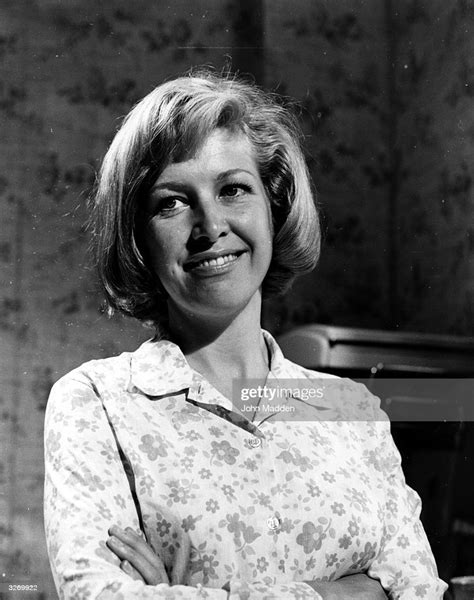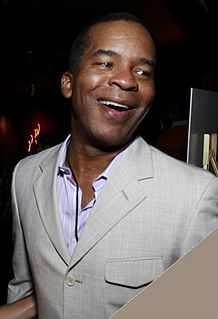A Quote by John Barnes
This is not the way these tales end," Calliope said firmly. "This is not the way that things end when they get to be tales," Amatus said, "but since ours is not yet told, we cannot count on it. There were a hundred dead princes on the thorns outside Sleeping Beauty's castle, and I'm sure many of them were splendid fellows.
Related Quotes
Books are the way that we communicate with the dead. The way that we learn lessons from those who are no longer with us, that humanity has built on itself, progressed, made knowledge incremental rather than something that has to be relearned, over and over. There are tales that are older than most countries, tales that have long outlasted the cultures and the buildings in which they were first told.
[Fairy tales] are like a journey to the woods and the many ways you can get lost. Some people say it's not a good idea to read fairy tales to anyone under the age of eight because they are brutal and raw. When I was a kid I often felt that kids's books were speaking down to me, but I never felt that way about fairy tales. They are bloody and scary, but so is life.
Boys like romantic [fairy] tales; but babies like realistic tales - because they find them romantic...This proves that even nursery tales only echo an almost prenatal leap of interest and amazement. These tales say that apples were golden only to refresh the forgotten moment when we found that they were green. They make rivers run with wine only to make us remember, for one wild moment, that they run with water.
There were others, women with stories that were told in a quieter voice: women who hid Jewish children in their homes, putting themselves directly in harm's way to save others. Too many of them paid a terrible, unimaginable price for their heroism. And like so many women in wartime, they were largely forgotten after the war's end.There were no parades for them, very few medals, and almost no mention in the history books.
The fairy tale that really scared me was Bluebeard. That's the one where he just kills one after another of these woman, these wives, that he lures up to the castle. I just think about fairy tales as stories women told their children to warn them? To keep them safe, to make sure they married up, all the things that would have safeguarded them in the olden days.
Though now we think of fairy tales as stories intended for very young children, this is a relatively modern idea. In the oral tradition, magical stories were enjoyed by listeners young and old alike, while literary fairy tales (including most of the tales that are best known today) were published primarily for adult readers until the 19th century.
People have always told tales. Long before humanity learned to write and gradually became literate, everybody told tales to everybody else and everybody listened to everybody else's tales. Before long it became clear that some of the still illiterate storytellers told more and better tales than others, that is, they could make more people believe their lies.






























